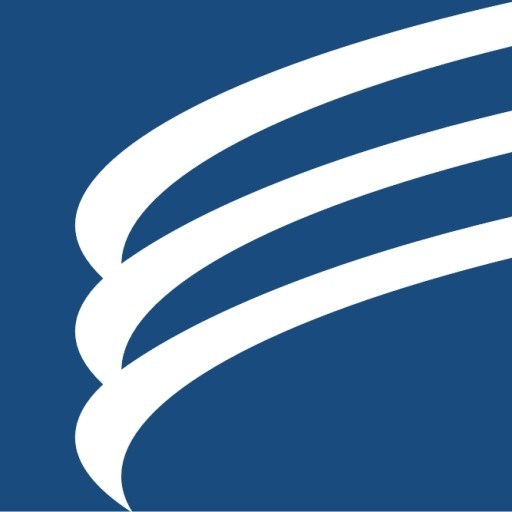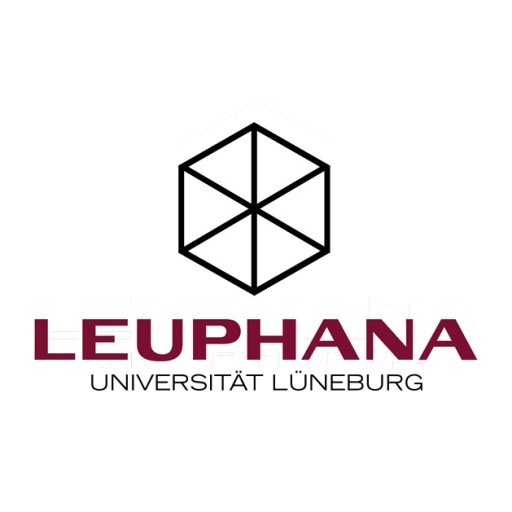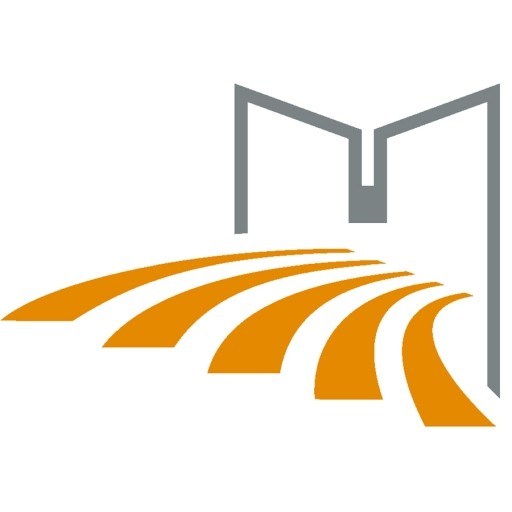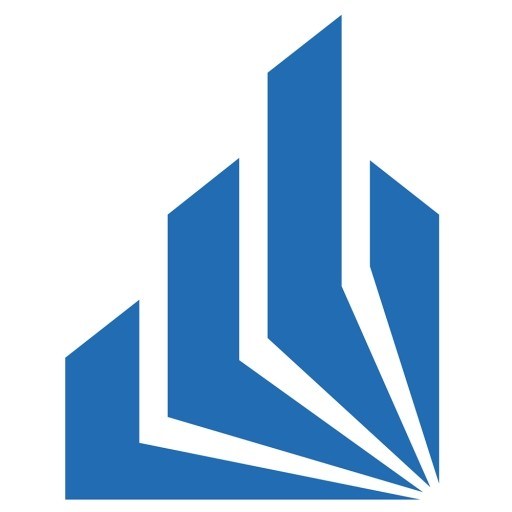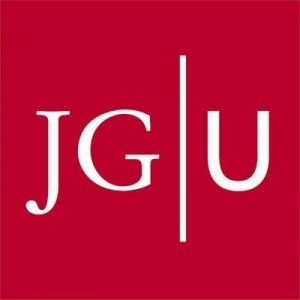Photos of university / #unisiegen
European and International Economic Law is a comprehensive master's program offered by the University of Siegen designed to equip students with an in-depth understanding of the legal frameworks governing economic activities across Europe and globally. This program integrates the study of European Union law, international economic law, and broader legal principles affecting trade, investment, and economic policies. Students will explore key topics such as competition law, consumer protection, international trade agreements, dispute resolution, and the regulation of financial markets, all within the context of European and international law. The curriculum combines theoretical foundations with practical analysis, aiming to develop students’ analytical, research, and advocacy skills essential for careers in legal practice, policy-making, or academia.
Throughout the program, students engage with case law, legislative processes, and current issues affecting economic exchanges between nations. They gain a thorough understanding of how European legal institutions influence economic activities and how international legal standards are applied and enforced. The program also emphasizes the importance of interdisciplinary approaches, encouraging students to integrate economic theories with legal principles to address real-world challenges.
The program is ideally suited for graduates seeking specialization in European and international economic law, whether they aspire to work within legal advisory firms, governmental agencies, international organizations, or multinational corporations. With teaching by experienced faculty members and links to real-world legal practice, students benefit from a rigorous academic environment combined with opportunities for internships and networking. Graduates of the program will be well-prepared to contribute to policy development, legal consulting, or research roles related to economic law on a European and global scale. The University of Siegen’s program ensures students are not only knowledgeable of current legal frameworks but also capable of critically analyzing and addressing future legal challenges in the interconnected world of international economics.
Educational organisation
The basic Master's programme is "Business Law" - after the first common semester with the same basic legal modules, students are then able to decide between the two optional major subjects "Company Law" and "European and International Economic Law".Among the obligatory basic legal modules during the first semester are lectures such as "Europäisches Gesellschaftsrecht", "European Harmonisation of Private Law", "German Economic Constitution and European Integration" and "International Economic Order and International Economic Law". In addition to the basic legal modules, different modules of Economics are offered. These are basically held in English and can be chosen by the student (e.g. "International and Regional Economics in Europe").
In the major subject "European and International Economic Law" - which starts with the second semester - four obligatory lectures are scheduled: "Globalisation and Sustainable Development", "International and Comparative Business Law", "International Trade and Investment" and "European and International Competition and Regulatory Law".
Concerning the modules of Economics, the same procedure applies as during the first semester (e.g. "Monetary Policy and Public Economics in Europe").
In addition to the legal and economic lectures, one major seminar is planned during the second semester, as is a research colloquium during the third semester.
An eight-week internship is obligatory, its date can be chosen by the student.
The programme concludes with the Master's thesis during the fourth semester.
In all kinds of courses, especially in the research colloquia, new teaching methods are used (e.g. negotiation simulations and simulation games).
Study abroad unit(s)
There is a possibility to spend one semester abroad. Achieved credit points from a semester abroad will be accepted for the programme.Internships
An internship of eight weeks is obligatory. The internship can be separated into two parts, but no part may be shorter than three weeks. After the internship (if separated, after both parts) a five-page report has to be written in a standardised form.Forms of assessment
Possible forms of assessment are:- written tests
- oral tests
- homework and project works
- term papers
- presentations
Module exams are typically in the form of written exams.
Course objectives
With its structure and all its contents the programme intends to endow its participants with an excellent academic basis for a future career in international economy, in international organisations or in politics.Language requirements
Applicants must have a very good command of English and German (usually equivalent to Level C1 of the Common European Framework). Technical terms should be known.If English/German is not the applicant's first language or if the applicant's Bachelor's degree has not been achieved in a programme taught entirely in English/German, sufficient knowledge must be documented.
Proof of language proficiency are certificates of language tests, e.g. TOEFL, IELTS 6.5-7.5, Cambridge Certificate, Goethe-Zertifikat, UNIcert III, DSD II, TestDaF Stufe 4, DSH-2.
Required DSH / TestDaF
YesAcademic requirements
To apply for the Master's programme "European and International Business Law", you must hold an appropriate Bachelor's degree with a regular study period of at least six semesters.As an appropriate degree we accept the LLB or other degrees which include at least 60 credit points achieved in a juristic field of study.
Enrolment fees
Approx. 250 EUR per semester for a public transport ticket (valid for six months in the entire state of North Rhine-Westphalia), social services contribution and students' activitiesCosts of living
The city of Siegen is one of the German cities with very moderate costs for accommodation, but it has excellent living conditions. Living expenses including accommodation and health insurance range from 650 to 750 EUR per month.Job opportunities
Siegen hosts a large number of mid-sized industrial companies in electrical and mechanical engineering, some larger examples being SMS Siemag AG and Achenbach Buschhütten. A lot of smaller but very successful and quickly growing high-tech companies are located here as well, examples of these being PMDTechnolgies and Asentics, which are spin-off companies of the university.As a result, employment chances in part-time student jobs during semester breaks and as full-time employees after completion of studies are excellent.
Funding opportunities within the university
University scholarships for students and doctoral students (early stage researchers) are available for the individual programmes. Furthermore, individual scholarship programmes for students and early stage researchers exist at the central scientific research institutes (eg. ZESS, http://www.zess.uni-siegen.de/home/news-presse/news/stipendien.html).http://www.sff.uni-siegen.de/antraege/
Arrival support
Personal support after arrival is provided by the staff of the Department International Student Affairs, a tutor, or an experienced programme member.Services and support for international students
All international students are supported by the Department International Student Affairs, a tutor, and experienced members of the individual programmes.Accommodation
German universities usually do not have campus systems like the universities in some other countries where students can find accommodation directly on university property. Therefore, students must find rooms on their own. Rooms in private accommodation cost 280 EUR on average. Rooms in student residences cost between 220 and 400 EUR. Direct support for finding suitable accommodation is offered by the Department International Student Affairs.Detailed information concerning general accommodation can be found at:
http://www.uni-siegen.de/start/studium/studentisches_leben/wohnen.html.en?lang=en
Our International Office (http://www.uni-siegen.de/isa) will also provide you with further information about private accommodation.



